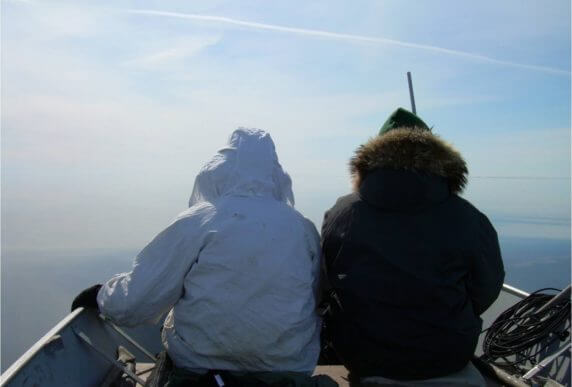This website uses cookies to improve your experience, analyze traffic and support our conservation efforts. By continuing to use this site, you agree to our use of cookies. For more information, consider reading our privacy policy. Privacy Policy
We may share your site usage information with trusted partners for relevant content and ads. You can manage your preferences or choose to opt out. Do Not Sell My Personal Information



